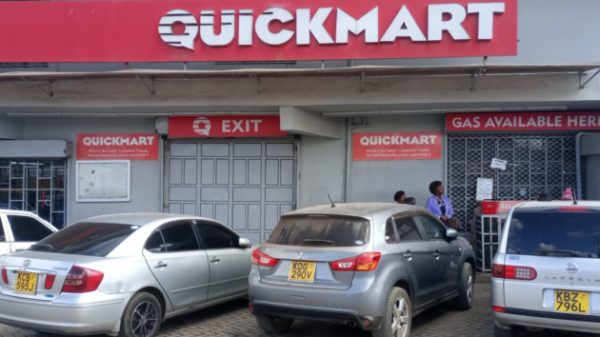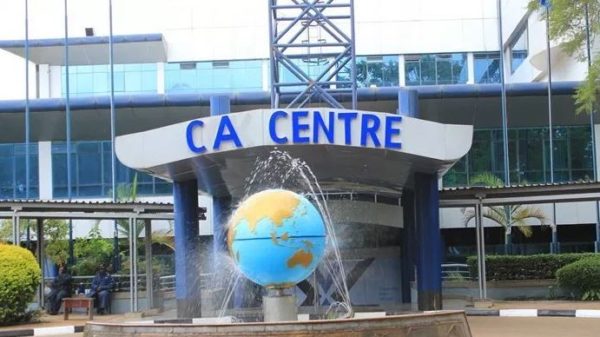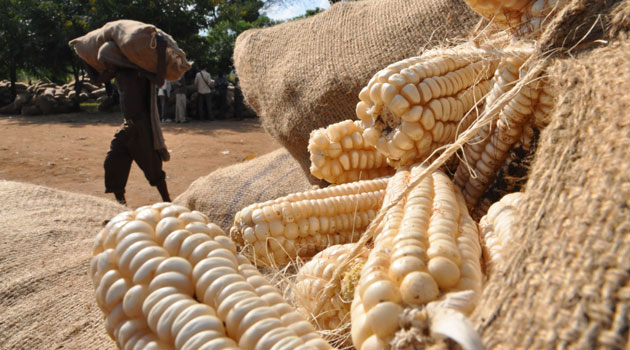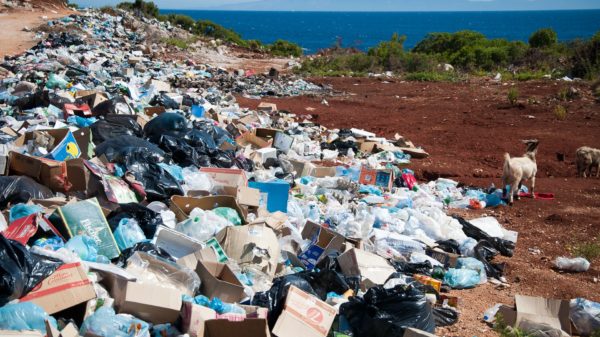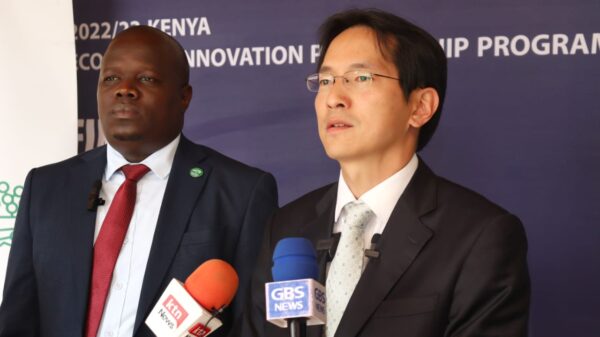NAIROBI, Kenya, Jan 6 – The submission of comments and views by Kenyans on the proposed introduction of genetically modified maize (Bt maize) into the market is set to close today.
The National Biosafety Authority (NBA) will analyze the submissions before making a final decision.
The exercise follows a series of public participation forums held last week in Kakamega, Uasin Gishu, Trans Nzoia, and Machakos counties, as well as online submissions by stakeholders.
Speaking during a Sunday session titled ‘Is Kenya Ready for the Cultivation of Genetically Modified Maize?’ hosted by Bunge la Mayut-Kenya, Josphat Muchiri, NBA’s Acting Director of Biosafety Research and Compliance, assured Kenyans that their input would be taken into account.
“As an Authority mandated to regulate these activities, we will ensure that the concerns of all Kenyans are fully addressed by the promoters of this product,” said Muchiri.
The application for the commercial release of Bt maize was submitted in November by the Kenya Agricultural and Livestock Research Organization (KALRO) and the African Agricultural Technology Foundation (AATF).
Bt maize is designed to combat fall armyworms and maize stem borers, which are major pests affecting maize yields in Kenya.
Muchiri highlighted NBA’s three pillars for evaluating GM applications: safety assessment, socio-economic assessment, and public participation. These include analyzing food and environmental safety, assessing the technology’s benefits to farmers, and gathering public feedback.
“The Authority is mandated to promote public awareness and education on biosafety, a function it has fulfilled through various activities across the country,” said Muchiri.
He emphasized that public engagement aligns with the Biosafety Act, 2009, and the Biosafety (Environmental Release) Regulations, 2011, which require notification and consultation with stakeholders before approving GM products.
Muchiri added that commercialization of Bt maize would require additional approvals, including an Environmental Impact Assessment (EIA) and National Performance Trials, with further public engagement at each stage.
NBA continues to consult with agencies like the Kenya Plant Health Inspectorate Service, National Environment Management Authority, public health authorities, and independent experts.
“It is important to note that Kalro cannot take the maize to farmers until NBA approves it,” Muchiri stated.
He assured Kenyans that NBA operates within a robust legal and regulatory framework to ensure the safety of GMOs for humans, animals, and the environment.
“We will compile feedback from experts, government agencies, and the public, and require the applicant to address any raised issues before making a final decision,” he concluded.
The NBA reiterated its commitment to ensuring safety and transparency in the regulation of GMOs in Kenya.


